People
Faculty Staff
Maria Cristina Rulli
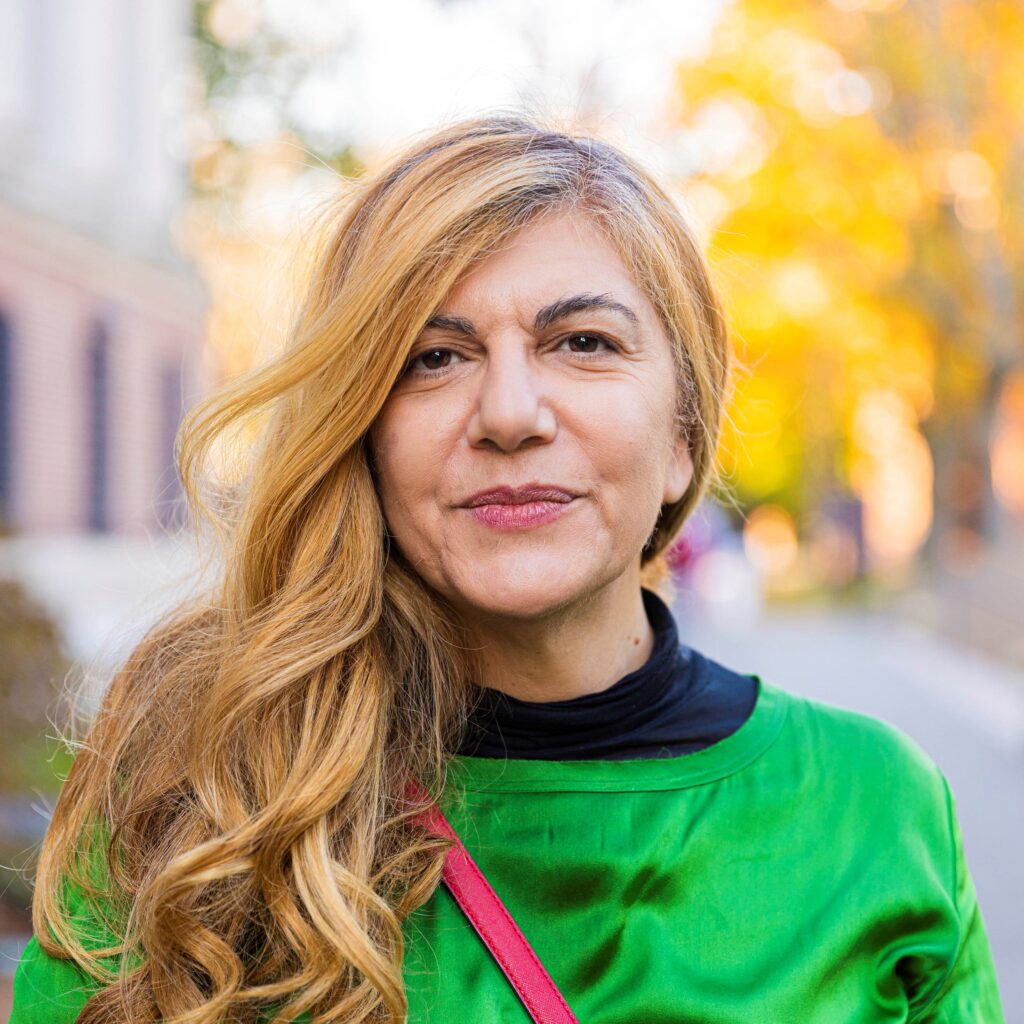
Maria Cristina Rulli is full professor of hydrology at the Politecnico di Milano, Department of Civil and Environmental Engineering since 2019. Graduated with honors in Civil Engineering for Spatial Planning at the University of Perugia, she then obtained a doctorate in Hydraulic Engineering at the Politecnico di Milano carrying out her research activity as an associate researcher at the University of California at Berkeley. She is the author of over 100 articles in the fields of hydrology, river geomorphology, hydrology and slope stability, global water resources and natural resource assessments according to global change scenarios. Her latest research, published in authoritative scientific journals, focuses on the water-food-energy Nexus and environmental sustainability and specifically on the emerging phenomenon of large-scale agricultural land acquisition (LSLA) and the consequent impacts on water, energy and food security.
Davide Danilo Chiarelli
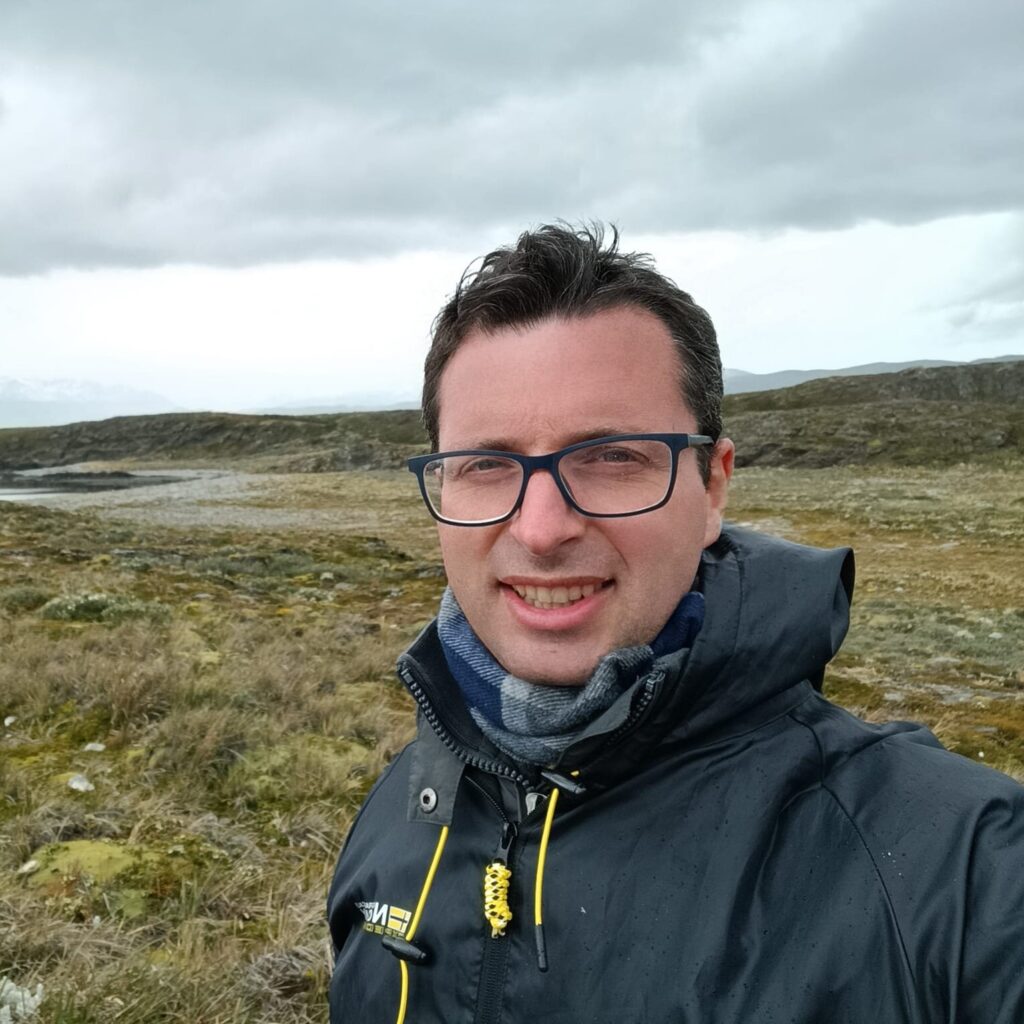
Davide Danilo Chiarelli is associate professor at Politecnico di Milano. He obtained a MSc degree in Civil Engineering in 2013 and worked seven months for Geoarbor Studio, a geotechnical society in Basiano (Mi). At the moment he is a postdoc at the DICA department of Politecnico di Milano, where he completed his PhD in July 2018 with a research based on Water and Food Security with the title: The Water-Land-Food Nexus. Among the main topics he is analyzing there are: sustainability in the use of natural resources (i.e. water and fertile soil), hydrological effects of land use changes and deforestation, and its related consequences as land erosion and mass movements, crop water demand analysis under present condition and considering future effects of climate change both on crop water demand and crop yields. He strongly believes in the importance of preserving our planet and its (its, not ours!) limited resources and how to achieve this goal it is necessary to start from a good knowledge of the problem and to educate future generations.
Nikolas Galli
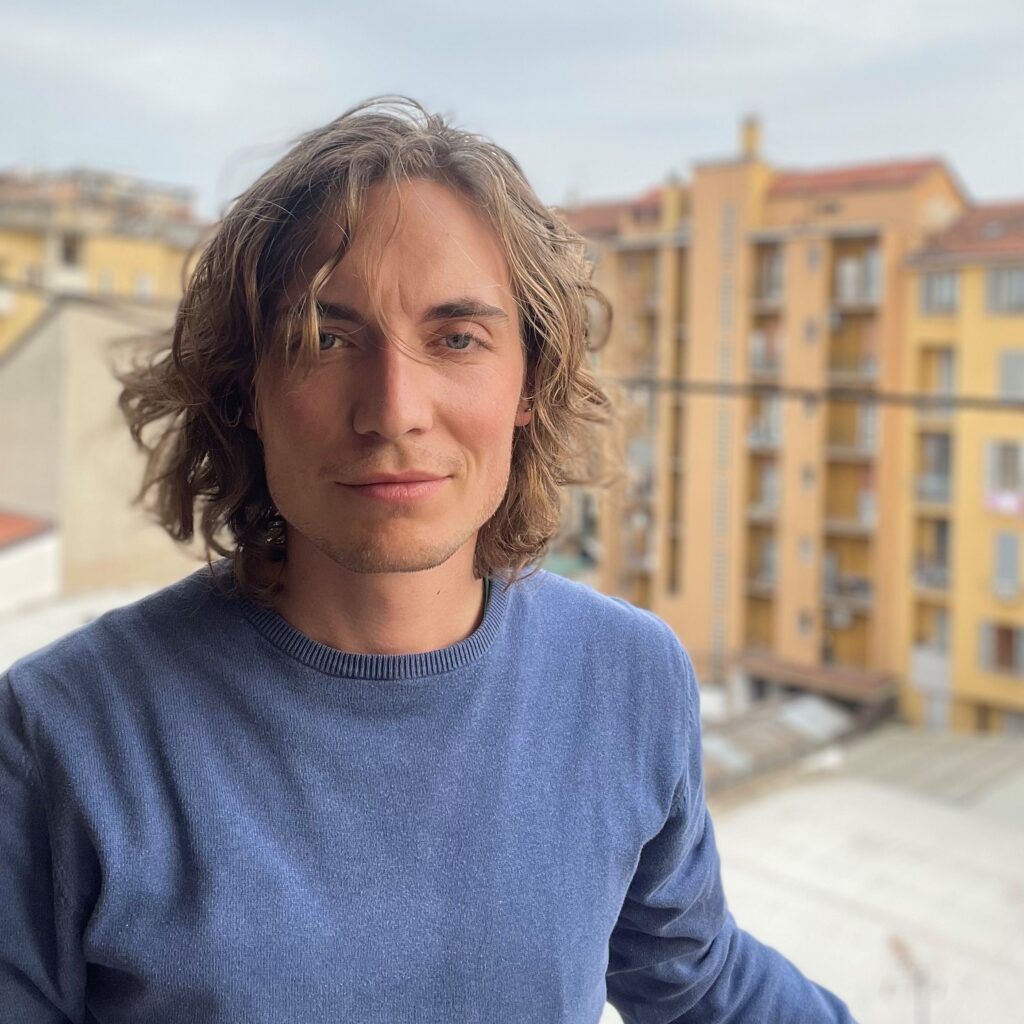
Nikolas Galli is junior assistant professor at Politecnico di Milano. He received his MSc degree in Environmental and Land Planning Engineering in 2019 at Politecnico di Milano (Italy). He then spent six months in Paraguay, where he worked on mapping water resources and participative planning of rural-urban development in the Chaco area. He is now a postdoc in the Glob3science group at Politecnico di Milano, after obtaining his PhD in February 2023 the same group, with a thesis on the use of water scarcity metrics to explore conflictual instances of water use and design synergistic water use strategies. His main research interest are agro-hydrological modeling of water-energy-food nexus-based problems and solutions, conflictual aspects of water resources availability and management, and the public health implications of unsustainable food system practices, including deforestation, forest fragmentation, the livestock revolution and agricultural intensification.
Postdoctoral Researchers
Livia Ricciardi

Livia Ricciardi earned her MSc in Environmental and Land Planning Engineering in 2019 at Politecnico di Milano. She is now a third year PhD student in Environmental Engineering. She tries to focus her passion for nature into her PhD. Her main research focuses on the feasibility of shifting towards healthy and environmentally sustainable diets in the future. Other interests include understanding the overall environmental constraints to achieve climate neutrality.
Camilla Govoni
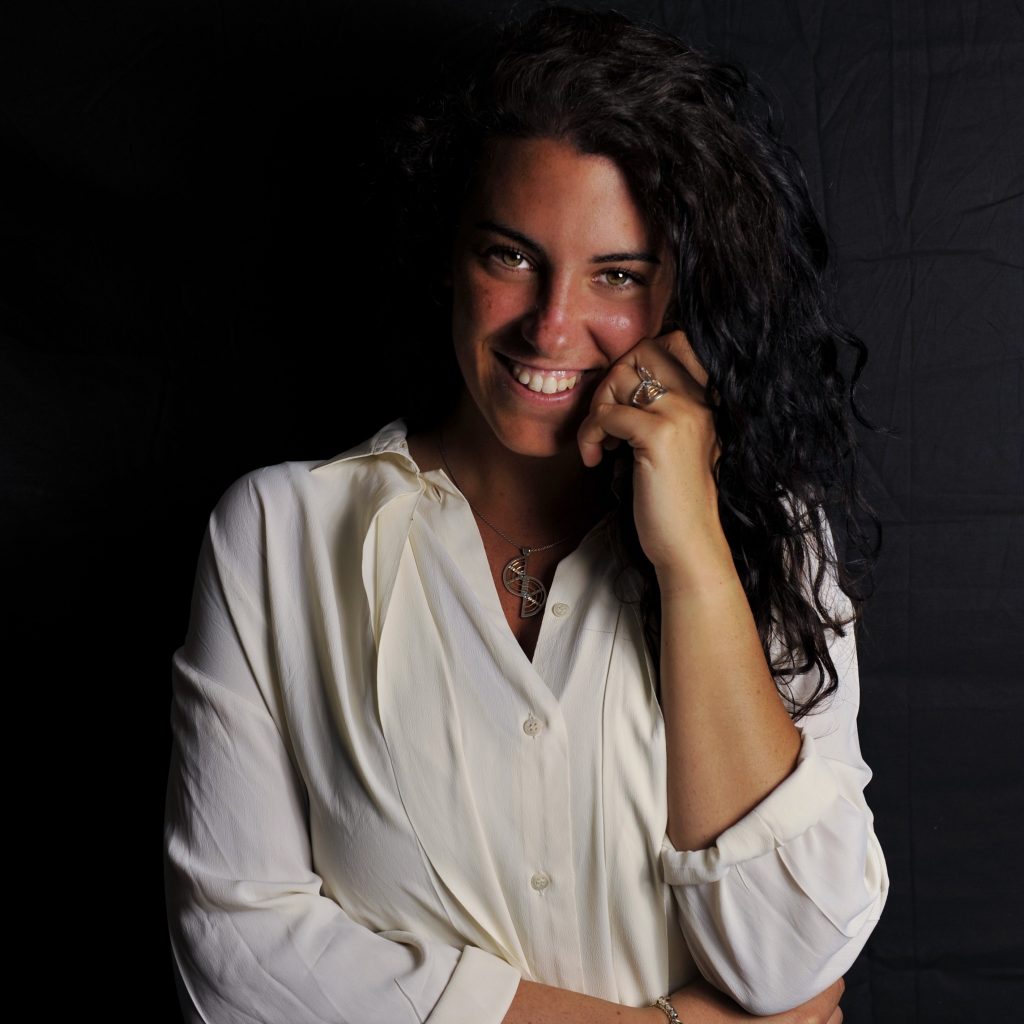
Camilla Govoni obtained a MSc degree in Environmental and Land Planning Engineering in 2020 at Politecnico di Milano. Here, she also started a PhD program in Water Engineering and defended her doctoral thesis in 2024, with a research based on the environmental implications of livestock production systems and evaluating potential solutions to redefine sustainability in the sector. She also works as an external collaborator with the Department of Health, Animal Science and Food Safety of Università degli Studi di Milano. She is currently analyzing the feed-food debate, with studies on the natural resources associated with conventional animal feeding and their replacement with alternative feed ingredients such as former foods and insects. Other research interests include topics such as deforestation, land use – land cover (LULC) change, water footprint and water scarcity, and crop analysis.
PhD Candidates
Francesco Capone
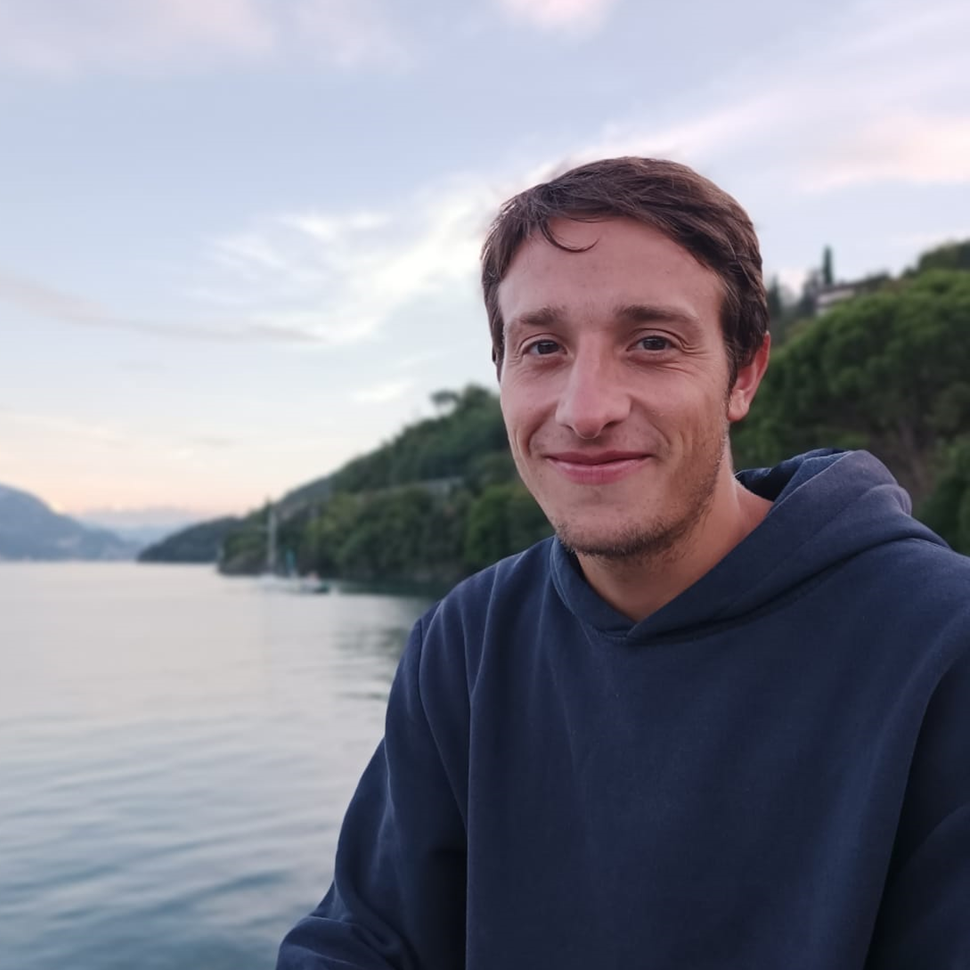
Francesco Capone obtained in 2023 a Master’s degree in Environmental and Land Planning Engineering, with a research focus on the application of agrivoltaic systems, promoting them as an optimal solution in addressing water-energy-food nexus problems and sustainable development. In September of the same year, he started a multidisciplinary PhD program in Science, Technology, and Policy for Sustainable Change at Politecnico di Milano, focused on the potential and limitations of carbon-free synthetic fuels. . Studying this technology from a WEF nexus perspective will assess its use as a strategic asset in the energy transition process.
Arianna Tolazzi
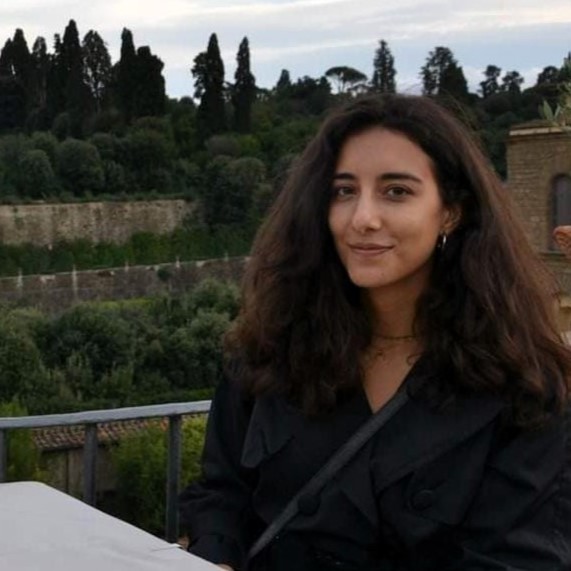
Arianna Tolazzi obtained a MSCc degree in Environmental and Land Planning Engineering in 2022 at the Politecnico di Milano, with a research focus on urban agriculture as a mean to improve dietary habits in a megacity, through a case-specific but exportable approach. After a 6-month experience as a consultant in the field of climate change and sustainability, she decided to start a PhD in Environmental and Infrastructures Engineering, deepening the thesis work and focusing on the integration of food systems into a territory’s challenges, studying how urban agriculture can address different environmental concerns in cities, while considering the competition for the use of natural resources. The challenge is to integrate the aspects of urban greening in a framework that considers urban agriculture as a strategy for a more resilient food system, bridging hydrological simulations and locally sourced knowledge.
Harsh Nanesha
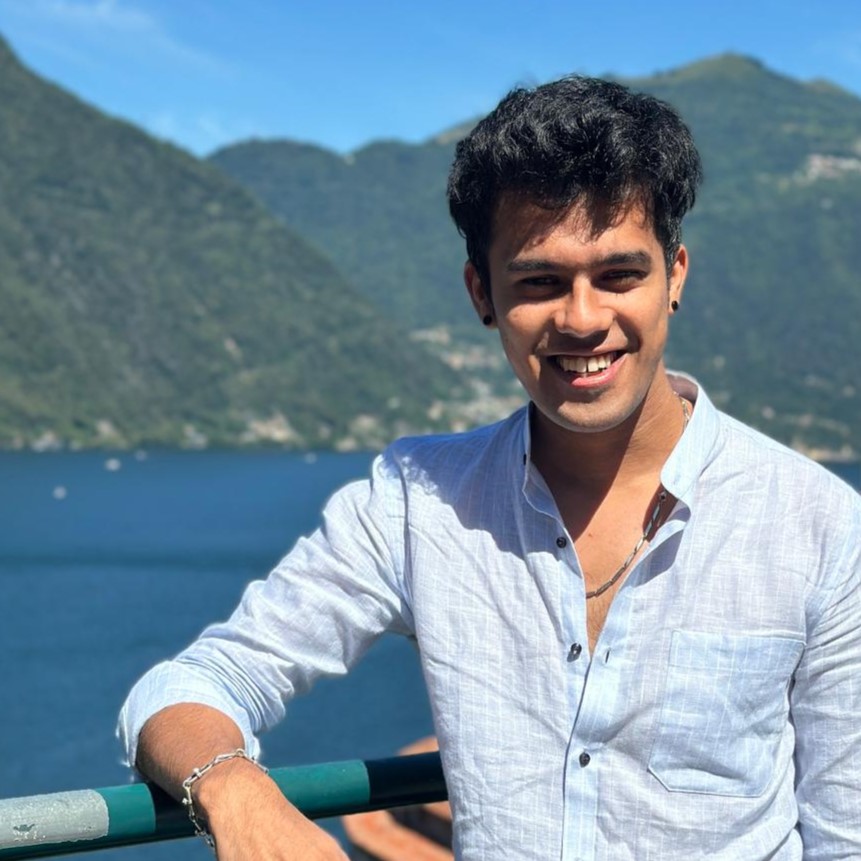
Harsh obtained his MSc in Environmental and Land Planning Engineering in 2023 at Politecnico di Milano (Italy), focusing on the use of brackish water in irrigation to mitigate freshwater stress through scalable solutions. After nearly two years as a research fellow in the CASTLE project, he began his PhD in the same department. His current research explores the optimization of land and soil use for sustainable natural resource management under climate change, with emphasis on crop water demand, yield dynamics, and future climate scenarios. His broader interests include agro-hydrological modeling, sustainable land and water management, crop analysis, groundwater dynamics, and the use of unconventional water in irrigation.
Research Fellows
Francesca Padoan
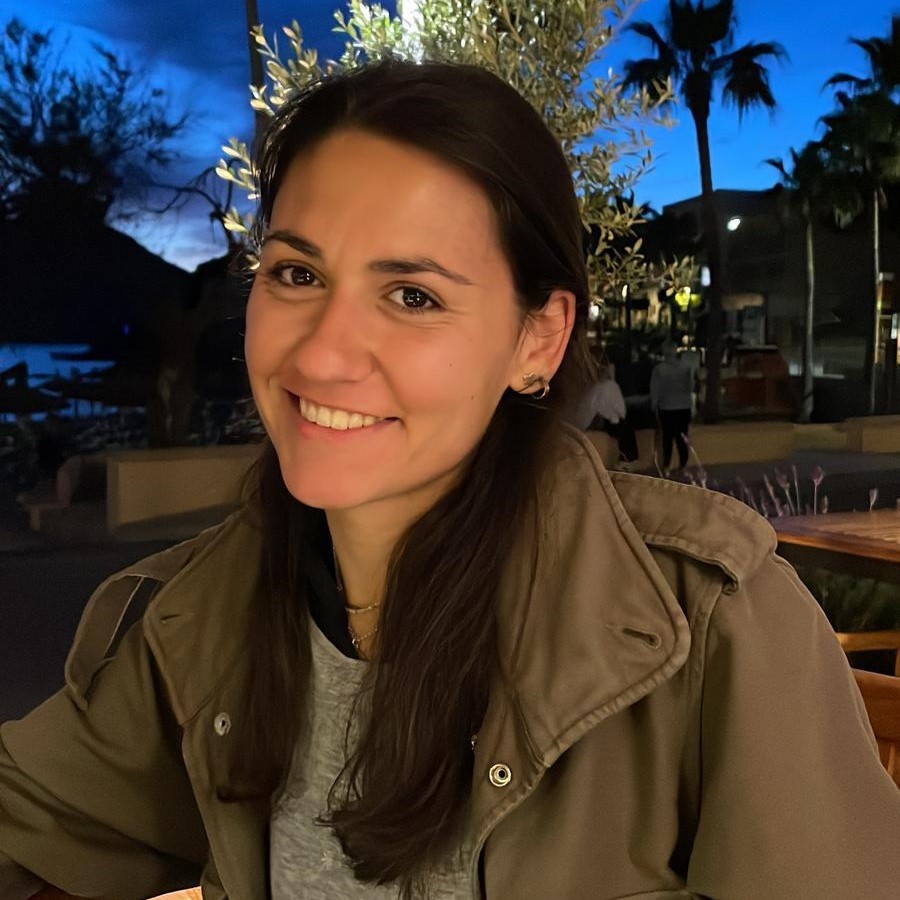
Francesca Padoan obtained her MSc degree in Environmental and Land Planning Engineering from Politecnico di Milano in 2025. Her thesis focused on hydrological modeling and the quantification of water fluxes through a comparative study of dry and wet rice cultivation systems. She is currently a Research Fellow at Politecnico di Milano, contributing to the ECHOES – Nosedo project within the PoliSocial Award program, which investigates sustainable water management and the environmental value of reclaimed water in peri-urban contexts.
